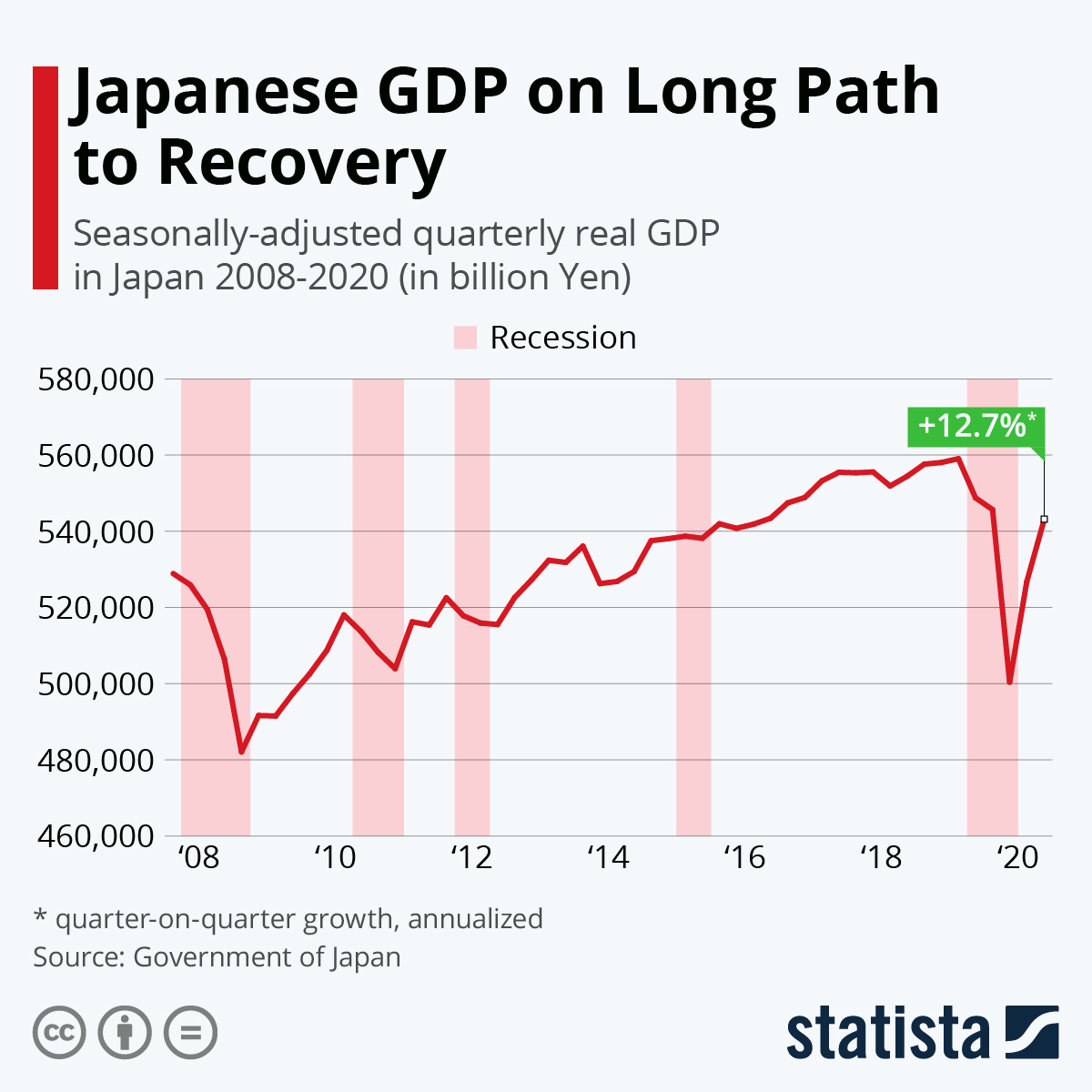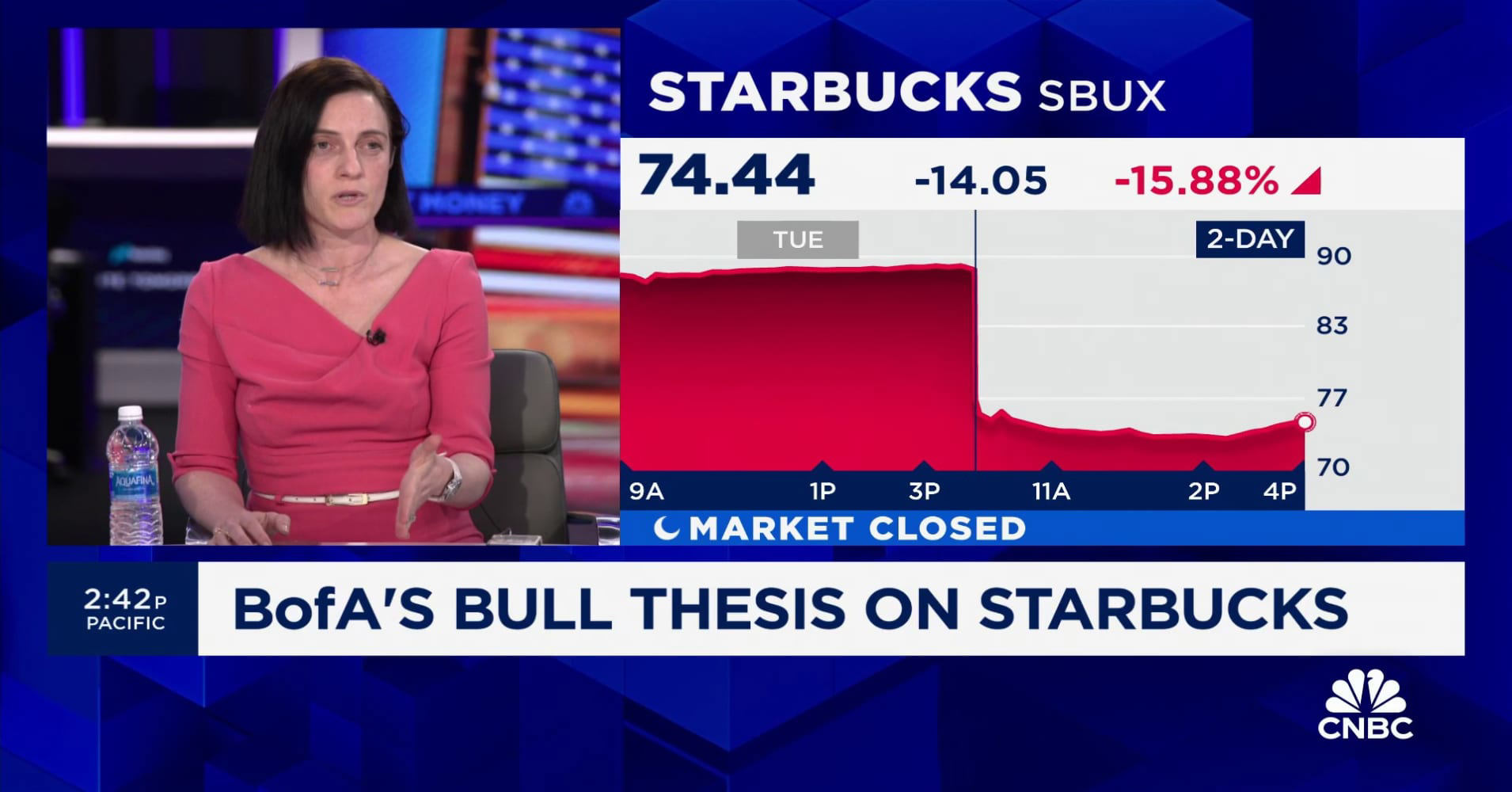ChatGPT Creator OpenAI Under FTC Investigation

Table of Contents
The FTC's Concerns Regarding OpenAI and ChatGPT
The FTC, tasked with protecting consumers and preventing unfair business practices, has a mandate to ensure companies operate ethically and responsibly. Their investigation into OpenAI likely stems from several key concerns related to ChatGPT's operation and impact.
Data Privacy and Security
ChatGPT's popularity hinges on its ability to process vast amounts of user data to generate human-like text. This raises significant data privacy and security concerns:
- Volume of Personal Data Collected: ChatGPT collects substantial personal data during interactions, potentially including sensitive information inadvertently shared by users.
- Potential Vulnerabilities to Data Breaches: The sheer volume of data handled by OpenAI presents a significant target for cyberattacks, potentially exposing user information.
- Lack of Transparency Regarding Data Usage: Concerns exist regarding the transparency of OpenAI's data handling practices. Users may not fully understand how their data is collected, used, and protected.
Bias and Discrimination in AI Models
A critical concern surrounding AI technologies like ChatGPT is the potential for bias and discrimination in their outputs. The FTC is likely investigating whether ChatGPT reflects and amplifies existing societal biases:
- Examples of Biased Responses Generated by ChatGPT: Instances of ChatGPT generating biased or discriminatory responses based on race, gender, religion, or other protected characteristics have been documented.
- The Impact of Biased AI on Vulnerable Populations: Biased AI outputs can disproportionately harm vulnerable populations, perpetuating and exacerbating existing inequalities.
- OpenAI's Responsibility to Mitigate Bias: OpenAI has a responsibility to implement robust mechanisms to detect and mitigate bias in its AI models. The FTC's investigation will scrutinize the effectiveness of these efforts.
Misleading Marketing and Claims
The hype surrounding ChatGPT might have led to concerns about potentially misleading marketing and claims regarding its capabilities and safety:
- Examples of Potentially Misleading Marketing Materials: OpenAI's marketing materials might have overstated the capabilities or safety of ChatGPT, creating unrealistic expectations among users.
- The Potential Harm Caused by Unrealistic Expectations: Exaggerated claims about AI capabilities can lead to misplaced trust and potentially harmful consequences.
- The FTC's Role in Regulating Such Claims: The FTC plays a crucial role in ensuring that companies do not make misleading claims about their products or services, particularly in emerging technologies like AI.
OpenAI's Response to the FTC Investigation
OpenAI has not yet publicly commented extensively on the specifics of the FTC investigation. However, the company is likely to employ several strategies to address the FTC's concerns:
- Increased Transparency Regarding Data Practices: OpenAI may enhance its data privacy policy and implement more transparent data handling practices.
- Implementation of Stronger Bias Mitigation Techniques: The company might invest in more sophisticated bias detection and mitigation technologies to improve the fairness and equity of its AI models.
- More Rigorous Testing and Quality Control: OpenAI could enhance its testing and quality control processes to identify and address potential issues before they reach the public.
The Broader Implications for the AI Industry
The FTC's investigation into OpenAI has significant implications for the broader AI industry. It signals a growing awareness of the potential risks associated with AI technologies and the need for increased regulation:
- Increased Scrutiny of AI Models: Other AI companies will likely face increased scrutiny regarding their data practices, algorithmic bias, and marketing claims.
- New Regulations and Guidelines: This investigation could pave the way for new regulations and guidelines aimed at governing the development and deployment of AI systems.
- Impact on Innovation and Investment: While increased regulation may slow down innovation in certain areas, it could also foster greater trust and encourage responsible AI development.
Conclusion: The Future of OpenAI and the FTC Investigation
The FTC's investigation into OpenAI and ChatGPT marks a pivotal moment for the AI industry. The investigation highlights the importance of responsible AI development, emphasizing data privacy, bias mitigation, and ethical marketing practices. The outcome of this investigation will significantly shape the future of AI regulation and influence how AI companies operate. The potential penalties could range from financial fines to operational restrictions. It is crucial to follow the developments of the OpenAI investigation and stay updated on the future of AI regulation. Learn more about responsible AI practices and the ongoing dialogue surrounding ethical AI development.

Featured Posts
-
 Californias Economic Rise Overtaking Japans Gdp
Apr 26, 2025
Californias Economic Rise Overtaking Japans Gdp
Apr 26, 2025 -
 Ai Powered Blockchain Security Chainalysis Acquisition Of Alterya
Apr 26, 2025
Ai Powered Blockchain Security Chainalysis Acquisition Of Alterya
Apr 26, 2025 -
 Stock Market Valuations Bof A Explains Why Investors Shouldnt Worry
Apr 26, 2025
Stock Market Valuations Bof A Explains Why Investors Shouldnt Worry
Apr 26, 2025 -
 American Battleground David Vs Goliath A Power Struggle
Apr 26, 2025
American Battleground David Vs Goliath A Power Struggle
Apr 26, 2025 -
 La Fires Fuel Landlord Price Gouging Claims A Selling Sunset Star Speaks Out
Apr 26, 2025
La Fires Fuel Landlord Price Gouging Claims A Selling Sunset Star Speaks Out
Apr 26, 2025
